FULL CLASS:
POLI330N-11469: POLITICAL SCIENCE
POLI330N Week 2 Creative Writing Assignment: Analyzing Public Policy Through a Lens of Federalism
Instructions
In this creative writing assignment, you will take on the role of an advocate and analyze how federal and state powers interact in addressing public, health, and environmental issues. Utilize the First Amendment, your state constitution, and any other documents needed. Select a topic from the list below and create a (one-page) visual representation—such as a brochure, a flyer, or infographic—that shows how your state’s government shares power with the federal government on your chosen topic.
Topics:
- COVID-19
- Vaccine policies
- Regulation of substances such as tobacco and cannabis
- Human trafficking
- Environment: The right to clean air and water
- Regulation of Class IV drug policies: Legal (ex. opioids) v. illegal (fentanyl, methamphetamine, etc.)
- OR choose your own relevant topic of interest
Visual and Informational Media Design Method
Tips! It is recommended that you use one of the following for your Creative Writing Assignment:
- An MS Word document template for flyersLinks to an external site. or brochuresLinks to an external site.
- A PowerPoint slideLinks to an external site.
- A CanvaLinks to an external site. infographic
- A posterboard that you talk through by creating an MP4 video on your phone
Canva and Word templates provide colors and other visual elements. Just your written text will need to be inserted. Here is an example Download exampleOpen this document with ReadSpeaker docReader.
Prompts
Your (one-page) flyer or brochure should include the following elements and respond to the following prompts:
- A clear title
- A short introduction about your topic
- Then use any of the Amendments from the Bill of Rights, your state constitution, or any federal policy to answer the following questions:
- How does your topic relate to your state constitution?
- How does your topic relate to federal government policies?
- Describe how your state shares power with the federal government pertaining to your chosen topic.
- Would you advocate for any type of change to your state or federal policies regarding your topic?
Optional Resources
Please review the following optional scholarly articles (sorted by topic).
NOTE: You will need to log in to the Chamberlain Library before accessing these resources.
Chamberlain Library Research
You are also encouraged to do additional research if you do not find what you are looking for in the resources above. The Chamberlain Library hosts many article databases. For more information about using the Chamberlain Library, view these guides:
- Search Popular Political Science DatabasesLinks to an external site.
- How to Do Library ResearchLinks to an external site.
Additional Resources and Websites
- The 50 State Constitutions: https://50constitutions.org/Links to an external site.
- Bill of Rights: https://www.archives.gov/founding-docs/bill-of-rights-transcriptLinks to an external site.
- Pew Research Center: https://www.pewresearch.org/publicationsLinks to an external site.
- United Nations Newsroom: https://news.un.org/enLinks to an external site.
- The World Health Organization: https://www.who.int/Links to an external site.
- U.S. Centers for Disease Control and Prevention: https://www.cdc.gov/index.html
SOLUTION
Balancing Power: Cannabis Regulation in the U.S. and Florida
Federalism in Action
- Cannabis laws highlight the tension between federal authority and state sovereignty.
- Federal law prohibits cannabis (Schedule I under CSA), but many states have legalized it.
- This creates a legal patchwork across the country.
️ Florida’s Approach to Cannabis
- Amendment 2 (2016): Legalized medical marijuana, supported by 71% of voters.
- Incorporated into Florida Constitution, Article X, Section 29.
- Empowers the Florida Department of Health to regulate medical marijuana treatment centers.
️ Federal Government’s Role
- CSA (1970): Classifies cannabis as illegal with no accepted medical use.
- DEA enforces federal cannabis laws.
- The Cole Memo (2013) allowed leniency; rescinded in 2018, reigniting enforcement concerns.
Federal illegality restricts research and…………………………………………..purchase entire flyer at $10 only
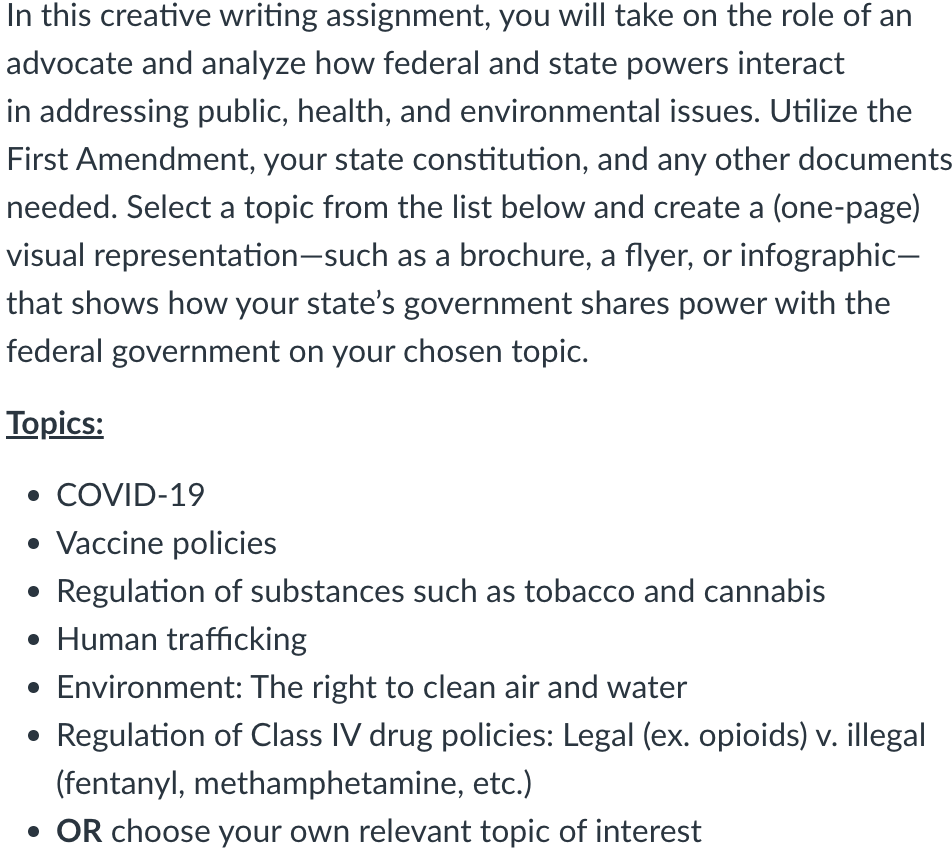
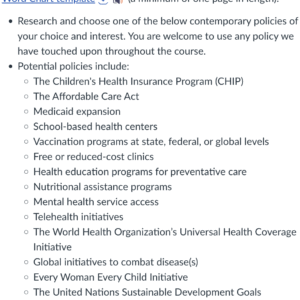
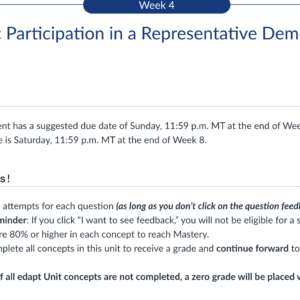
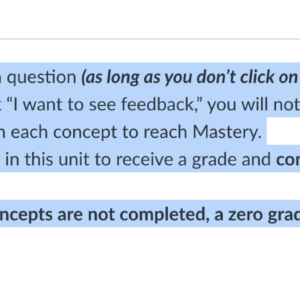
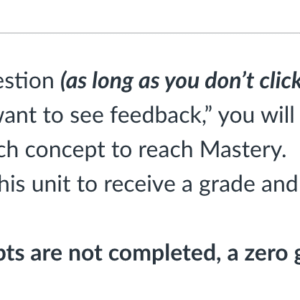
Reviews
There are no reviews yet.